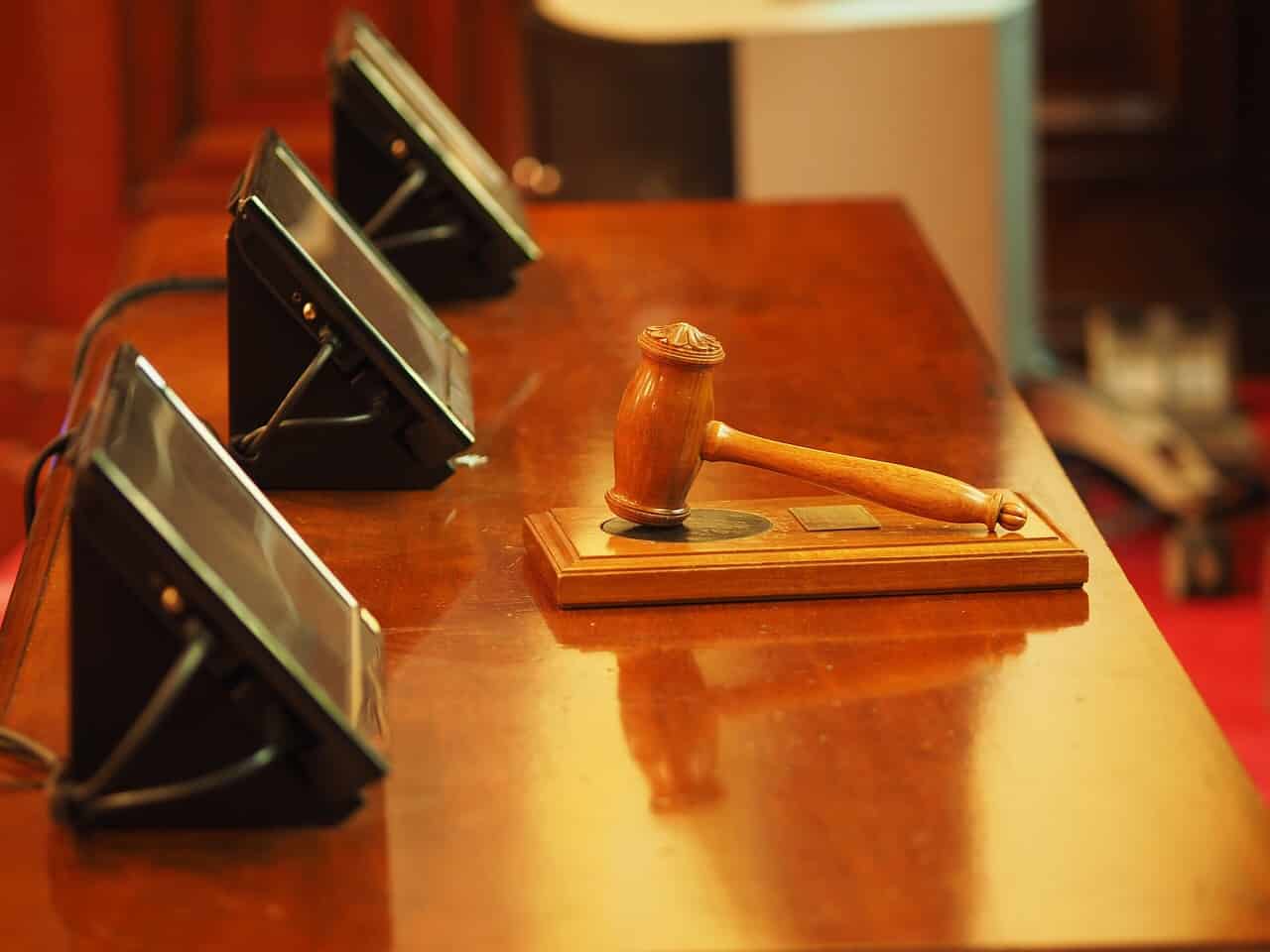Is An Insanity Plea A Good Defense?

It happens all the time in novels and on television. The bad guy goes around doing terrible things. The hero cop drags the bad guy in. Then, they get to court.
“He got off on an insanity plea,” Hero Cop says, grunting in disgust. Maybe the cop tosses down a shot of alcohol or stares sadly into space when it’s said. And you just know the clever killer is laughing it up somewhere nice, ready to come back and ensnare the Hero and a swath of innocent victims in a fresh web of horrors.
As with most issues in criminal law, life does not imitate art.
Page Contents
- Being mentally ill isn’t enough.
- Juries are reluctant to accept an insanity plea.
- You’ll still serve time, just not in the same way.
Being Mentally Ill Isn’t Enough.
While there are thousands of conditions in the DSM-5 lists thousands of mental illnesses, not all of them are going to meet the legal criteria for an insanity plea. According to New York Penal Code 40.15, the mental illness has to be severe enough to make it clear that at the time of the crime, the defendant, “Could not know the nature and consequences of their conduct,” and did not understand the conduct was wrong.
So, for example, standard depression won’t fit that bill. You can have severe depression and know your conduct was wrong.
Indeed, for the most part an insanity plea is only likely to meet the legal definition if it can be shown the defendant had a severe psychological disorder that warped his or her perception of reality.
Juries Are Reluctant To Accept An Insanity Plea.
The insanity plea comes up most often in murder cases. Juries receive instructions to ensure the People prove, beyond a reasonable doubt, that the defendant intended to cause death. If the People have failed to prove this, the jury is supposed to return a “not guilty” verdict. And that’s a nice thought in theory. But in reality, juries are very skeptical of a defendant’s motives and state of mind.
Most assume the person sitting at the defense table deserves to be there, and that he or she committed the crime out of malice. Trying to ascertain or prove someone else’s motives or state of mind is notoriously difficult.
While juries also are not supposed to consider what will happen to the defendant when rendering a verdict, it happens anyway. Most of the people who end up on the jury are very afraid they’re going to let a dangerous person back court onto the streets. Some don’t even realize the state commits defendants who raise this defense. Those that do are aware that, theoretically, the defendant could be released within a very short period of time.
You’ll Still Serve Time, Just Not In The Same Way.
Jury members who are afraid defendants will get out too quickly probably shouldn’t worry. It’s more likely to find mental hospitals holding on to mental patients for years or even decades at a time, leaving them in a sort of legal limbo they may never escape from.
Many live out the rest of their days in a mental hospital, in part because there’s no organization with any duty to track how long a defendant has been incarcerated in a mental hospital, or why. Hospitals can hold on to defendants until they are satisfied they are no longer mentally ill, or no longer a danger to themselves or others.
Those responsible for making this determination are often very reluctant to do so, preferring to err on the side of caution.
Sometimes, there are way better defenses.
An insanity plea may be better than going to state prison, but it’s not as good as a real acquittal. It’s definitely not as good as getting charges dropped or dismissed. An experienced defense lawyers who can demonstrate the weaknesses in the prosecution’s case may offer you a much safer route. And if a skilled private attorney does suggest a plea of insanity, at least you’ll know this has been done after options which might have been way better for you have been thoroughly and thoughtfully considered.
See also:
Is Self-Defense a Slam-Dunk Defense?
What is a Plea Bargain and Does it Benefit a Criminal Defendant?

